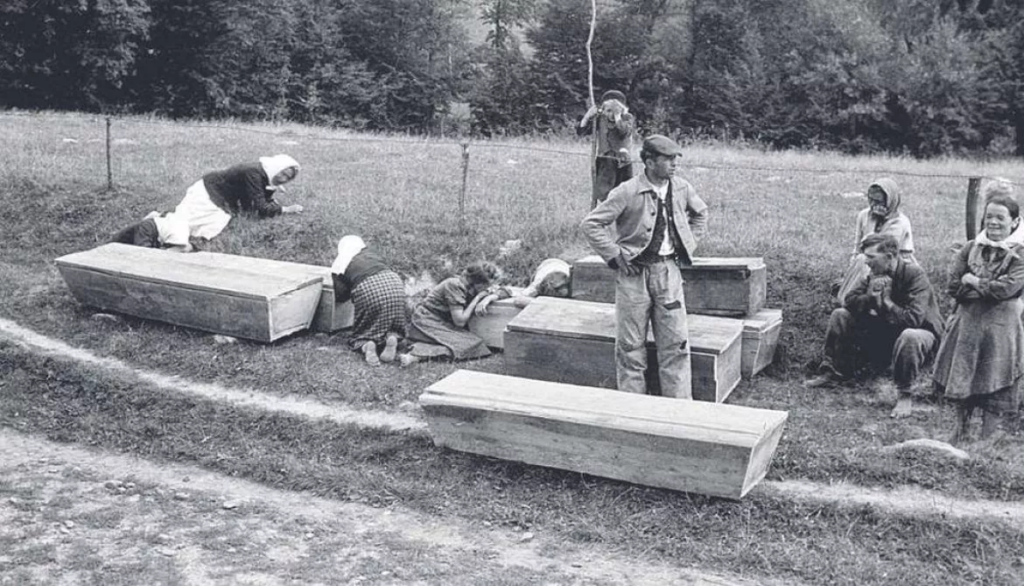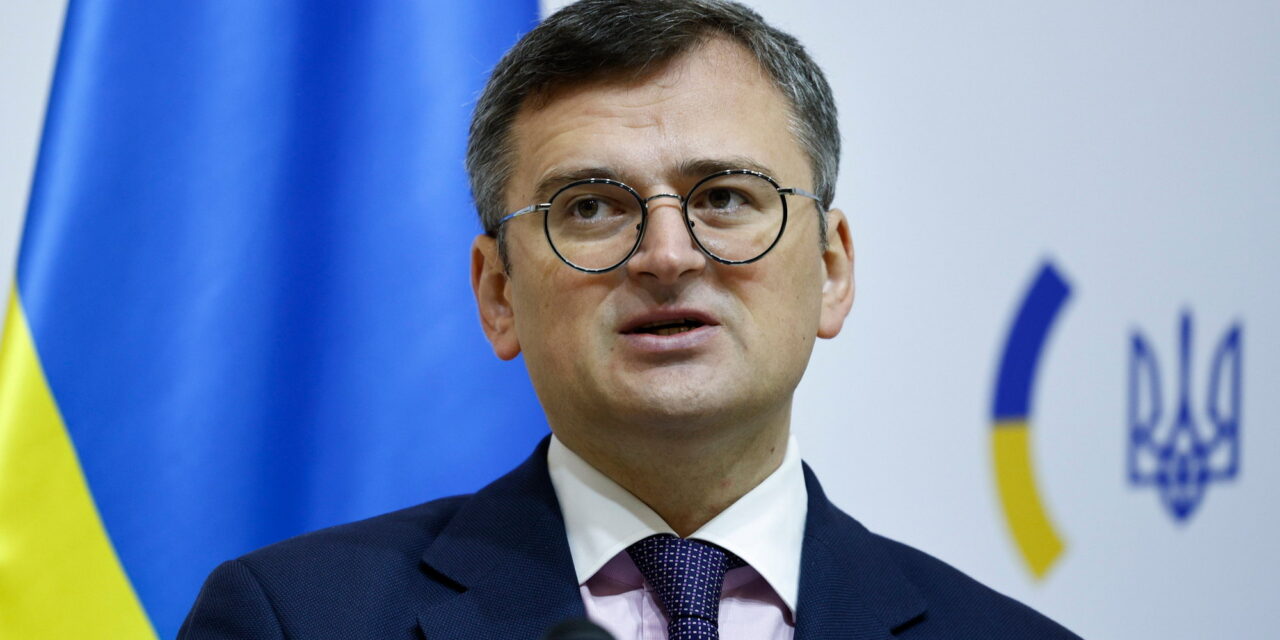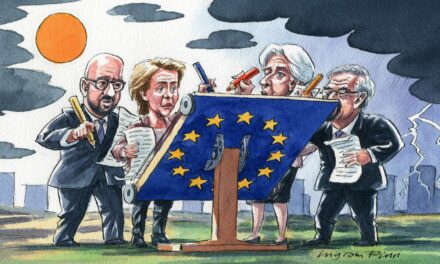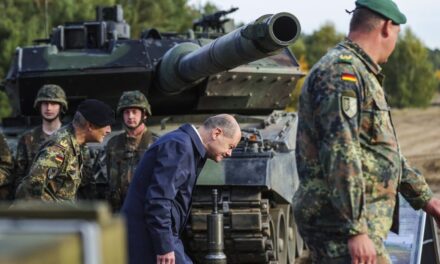Willingly or unwittingly, the Poles once again raised the mood in the case of the massacre in Volhynia.
During the Second World War, members of the Ukrainian Insurgent Army (UPA), which collaborated with the Nazi German invaders, attacked 150 settlements, mostly inhabited by Poles, in the Volhynia district that once belonged to Poland and massacred at least 200,000 people, mainly old people, women and children, in the most brutal way.
The massacre in Volhynia caused serious emotional waves at the campus forum held in Olsztyn the other day, to which Rafał Trzaskowski invited Ukrainian Foreign Minister Dmitro Kuleba. We don't know what the liberal mayor of Warsaw had to do with the interactive event in north-eastern Poland, but as it turned out afterwards, it wasn't really a good idea to invite Kuleba. Inviting another official Ukrainian participant probably would not have caused the Poles to calm down either. The purpose of the event was to promote the rapprochement of Polish and Ukrainian society.
And then someone from the audience asked to speak and asked the most unpleasant question possible. The "unpleasant" Polish participant asked why Ukraine did not allow the exhumation and dignified burial of the victims of the Volhynia massacre all this time.
The goal of rapprochement between the two societies dissipated in an instant. But not only from the question, but even more from the answer. Kuleba stated that the participants of the event should know that in 1947, the Polish authorities displaced 140,000 Ukrainians from their place of residence as part of the "Wisla" operation, and they had to find a new home further away, in Olsztyn. The head of Ukrainian diplomacy wanted to take the edge off the serious question by accusing the Poles of cruelty.
It's a miracle that this so-called "speech of accusation" did not lead to a scandal that escalated into a crime. The "Wisla" operation was precisely aimed at the "rearrangement" of the civilian population sympathizing with the units of the UPA, which waged partisan warfare in the area in question. This is not surprising, because not only the UPA but also the Ukrainian civilian population participated in the massacre in Volhynia, and more than once the neighbors fell to the Poles.

Massacre in Volhynia
The fact that Kuleba did not know this, or that he "rethought" history, is actually a side effect. The bottom line is that the current Ukrainian elite took on the Ukrainian Nazi collaborators of the Second World War, including its leader, Stepan Bandera. What's more, he thematized the actions of the UPA, which cooperates closely with the Germans, in the spirit of anti-Russianness, and made it a daily issue. In Ukraine today, there is no mention of genocide - the Polish Sejm classified the massacre in Volhynia in the summer of 1943 as such in a resolution - but the armed struggle against the Russians is emphasized. The fact that this happened on the side of Nazi Germany is kept silent by the official Ukraine.
This can lead to unpleasant events such as the "incident" in Ottawa last October. At the session of the Canadian Parliament, President Uran Zelenskiy and Canadian Prime Minister Trudeau twice stood and applauded Yaroslav Hunka, who served in the 14th Waffen Grenadier Division of the SS during the Second World War and this unit is demonstrably responsible for the killing of hundreds of innocent civilians.
The complete "twisting" of the entire issue is typical of the fact that the Speaker of the Lower House of the Canadian Legislature, Anthony Rota, presented Hunka as a Ukrainian-Canadian war veteran of the Second World War. Rota either didn't go to school, or missed history classes, maybe he's very forgetful, but it's also possible that he's mentally retarded.
We are probably not talking about either case, but we can talk about the fact that the anti-Russian attitude appearing on the daily political level supersedes all previous moral norms, and practically it has become a part of Canadian politics. If this were not the case, then Canada would have complied with Russia's extradition request, but that did not happen, Yaroslav Hunka can live out his troubled days overseas.
None of this is of interest to anyone in the global West, because the wishful, illusory idea that Russia can be defeated and dismembered, and then its natural resources can be taken over, pushes all moral aspects into the background.
And for this, Ukraine, which keeps silent and falsifies the past, is necessary.
Péter G. Fehér/Hungarian Newspaper
Featured image: MTI/EPA/Pool/Reuters/Thomas Peter













